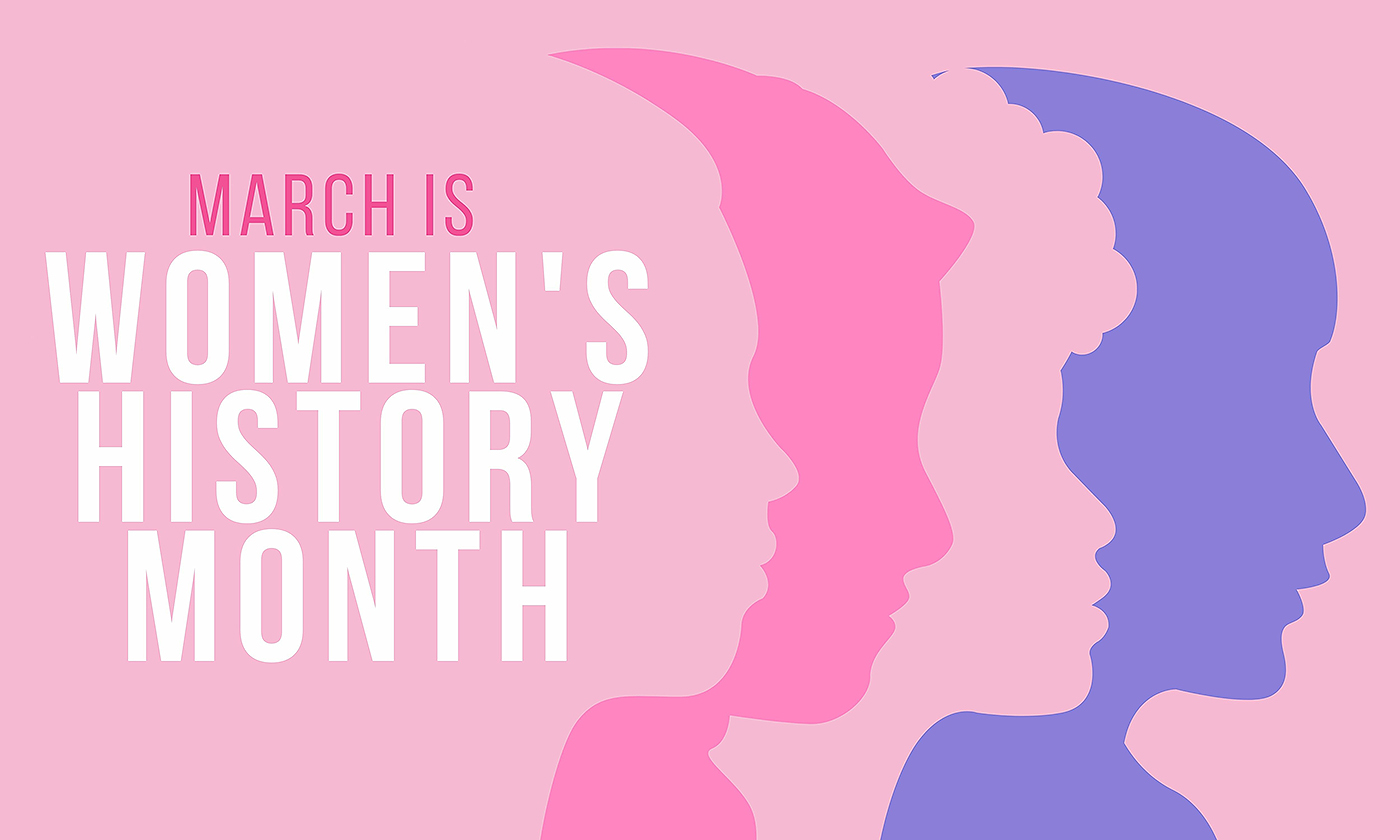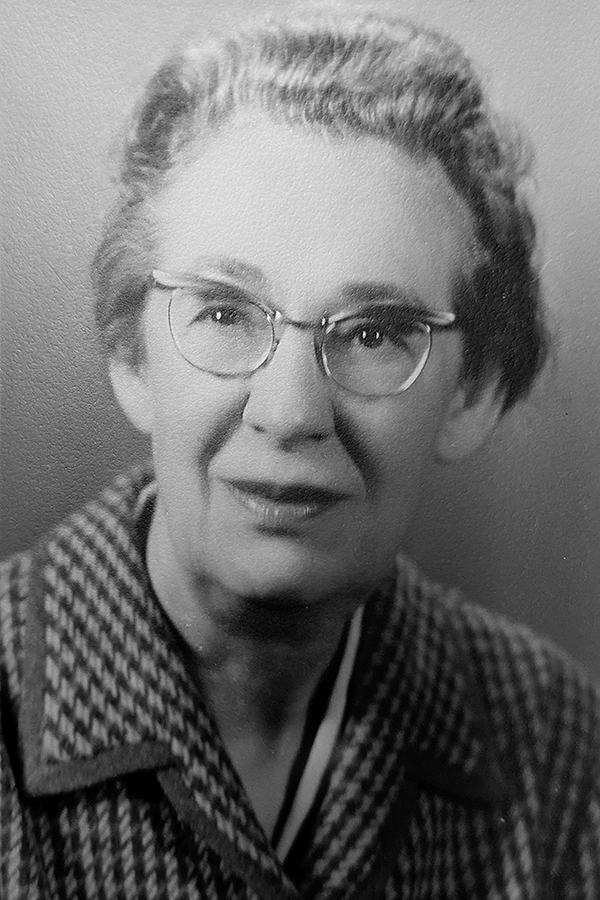Women’s History Month 2025

President Jimmy Carter issued the first presidential proclamation of a Women’s History Week in March 1980 to align with International Women’s Day on March 8. The U.S. Congress proclaimed the first Women’s History Month in March 1987. These proclamations were the results of efforts by the National Women’s History Project (now known as the National Women’s History Alliance).
The choice of March for Women’s History Month recalls both International Women’s Day and proclamations by women’s rights supporters on late February and March dates in the 1910s, when women were still prevented from voting in federal elections and faced many legal, economic, educational, and social barriers. Women’s History Month serves as a celebration of the determination of women who persisted in removing barriers that had been placed in their way, as well as a reminder of barriers that still remain.
Helene Heye: Bringing professional standards to early childhood care and education

Dr. Helene Heye (1903-1986) spent nearly 30 years as a faculty member in what was then called the Division of Family and Child Development in Ohio State’s School of Home Economics (now the Human Development and Family Science program in the College of Education and Human Ecology’s Department of Human Science). During that time, she served as chair of the Family and Child Development faculty and was the faculty supervisor for the university’s Campbell Hall nursery school, which has developed into today’s A. Sophie Rogers School for Early Learning, the Crane Center’s practitioner partner.
Heye grew up in small-town Nebraska, and throughout her early career taught young children in early education settings. When she was hired by Ohio State as a tenured faculty member in 1944, she was able to bring that practical experience to her academic work developing early education curricula, as well as training for child care professionals. She was a pioneer in seeing child care centers as a place for researchers to pursue field work in child development, and in the mid 1960s she directed central Ohio’s first training program for Head Start.
Recognized nationally for her work on early education, Heye participated in the 1960 White House Conference on Children and Youth, and she advised the state of Ohio in its development of child care licensing standards. Heye was also an active member of the National Association for the Education of Young Children (NAEYC) and assisted both community and private child care operators in ways to improve their programs and outcomes.
Heye retired from Ohio State at the age of 70 in 1973, positioning both the university and the A. Sophie Rogers School as leaders in early education.
How celebrating Women’s History Month is central to the mission of the Crane and Schoenbaum centers

During Women’s History Month, the Crane Center for Early Childhood Research and Policy and Schoenbaum Family Center reflect on how today’s field of early care and education was created and cultivated by women throughout the course of history. Their unwavering dedication to early care and education have led to incredible advancements in understanding what children need during their formative years to best learn and thrive. By and large, women are also the ones providing this high-quality care and education. We recognize and honor the strong shoulders upon which we stand, and we pay tribute to the women who dedicate their careers to advancing early childhood research, evaluation, practice, and policy. Additionally, we acknowledge the remarkable efforts of those who balance these professional ventures with caretaking or raising their own families, and we celebrate all women who inspire us as role models and advocates.
“It is by teaching young girls that they can aim higher, dream bigger, and achieve more that we can create a more equal society.”
— Florence Kelley (1859-1932), U.S. social reformer and children’s rights advocate
